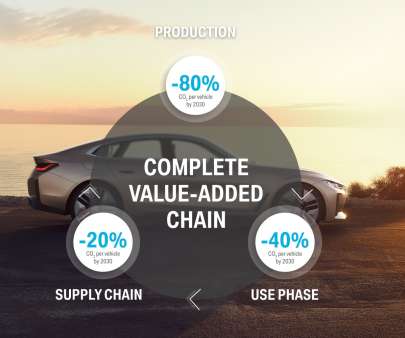Cleaner fuels have replaced more than 3B gallons of diesel under California Low Carbon Fuel Standard
Green Car Congress
MAY 17, 2019
CARB developed the program to help support a return to 1990 levels of climate-changing gases by 2020, as required by AB 32, the 2006 landmark climate bill. Now a climate target of an additional 40 percent overall reduction of climate-changing gases is in place for 2030, under SB 32.































Let's personalize your content